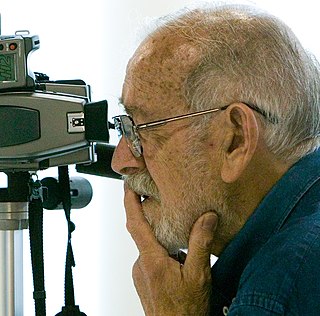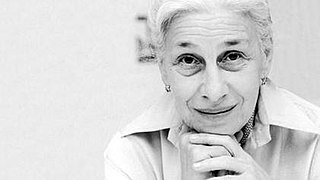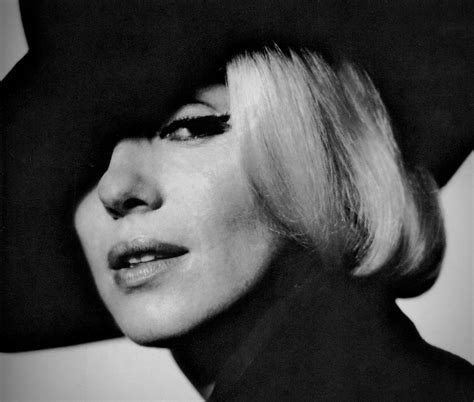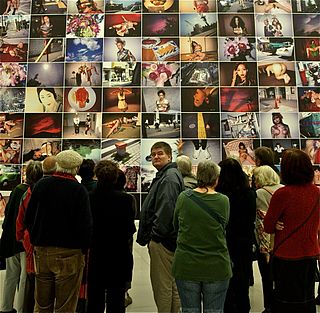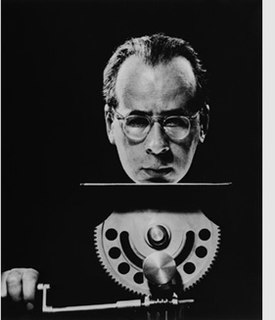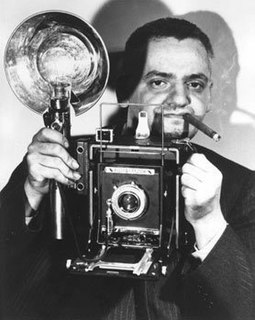A Quote by Ansel Adams
The camera cannot, but the photographer can.
Quote Topics
Related Quotes
When I first asked to take pictures of women at their homes, I was using my formal camera and I struggled to get the shots because I was still very much in the role of the photographer. Then the next time I had this little digital camera and their response to me would be completely different - I was a friend and I got new kinds of pictures. I was always treading a line between photographer and friend.
The difference between an amateur and a professional photographer is that the amateur thinks the camera does the work. And they treat the camera with a certain amount of reverence. It is all about the kind of lens you choose, the kind of film stock you use… exactly the sort of perfection of the camera. Whereas, the professional the real professional – treats the camera with unutterable disdain. They pick up the camera and sling it aside. Because they know it’s the eye and the brain that count, not the mechanism that gets between them and the subject that counts.
Once a photographer is convinced that the camera can lie and that, strictly speaking, the vast majority of photographs are camera lies, inasmuch as they tell only part of a story or tell it in distorted form, half the battle is won. Once he has conceded that photography is not a naturalistic medium of rendition and that striving for naturalism in a photograph is futile, he can turn his attention to using a camera to make more effective pictures.


